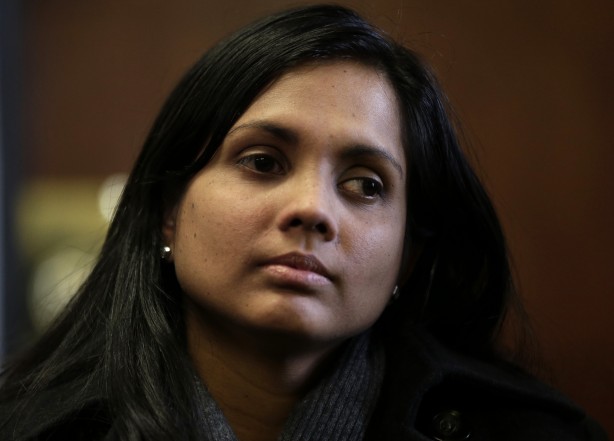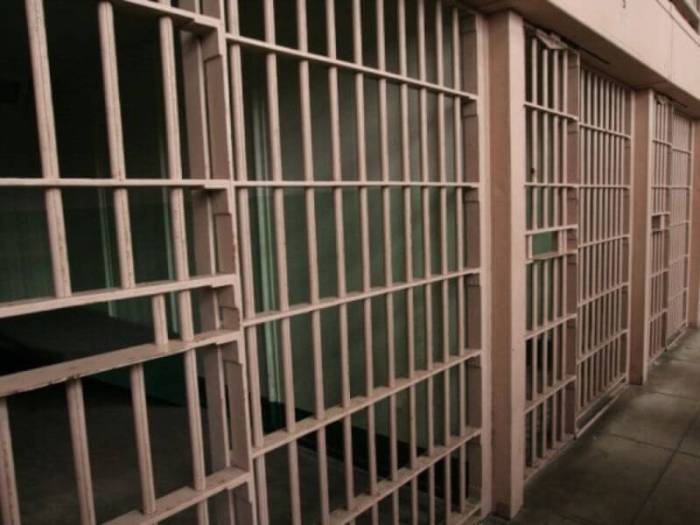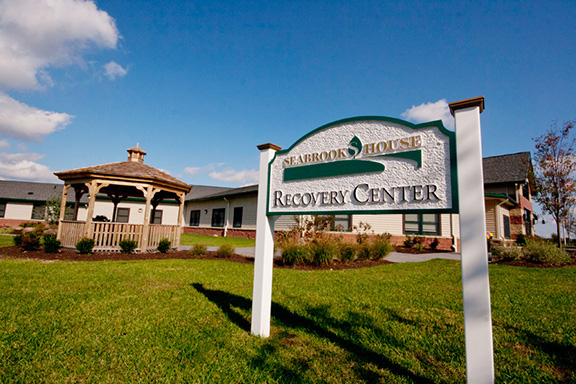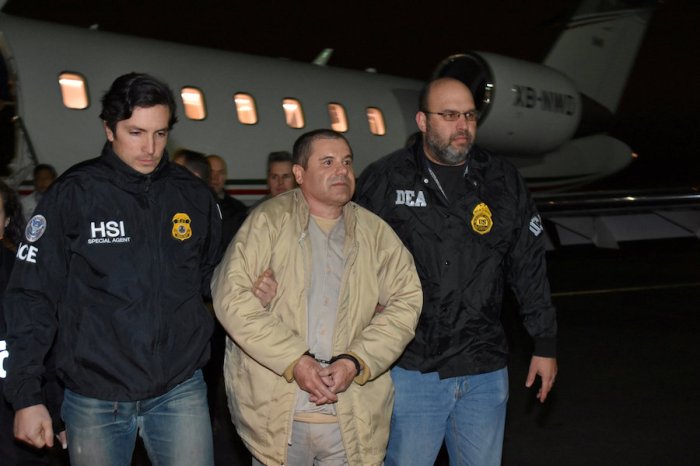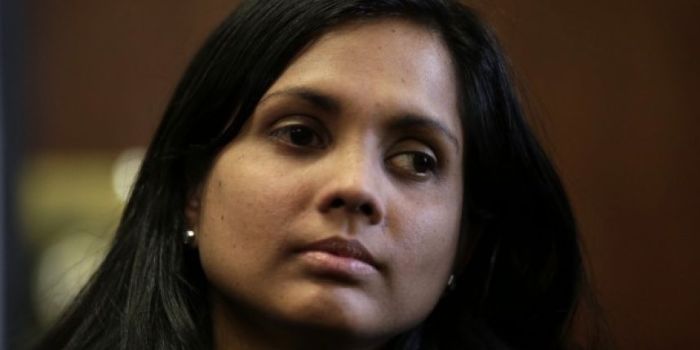A total of 21,587 drug cases are set for dismissal, according advocates for defendants, a major step in the years-long attempt to clean up the mess left by disgraced former state chemist Annie Dookhan.
Tuesday was the deadline for prosecutors to note which convictions involving Dookhan should be dismissed and which they would seek to maintain if challenged. The American Civil Liberties Union of Massachusetts kept track of notices in the counties of Bristol, Essex, Middlesex, Norfolk, Plymouth and Suffolk and the Cape and Islands. On Tuesday night the ACLU of Massachusetts posted a chart showing 98.5 percent of the 21,907 relevant cases had been dismissed.
While defense lawyers said virtually no one is still incarcerated based on their conviction in a case that involved Dookhan, they also said convictions can have negative ramifications on housing, employment and other matters.
Dookhan falsified her analysis of drug evidence. Her misdeeds were exposed in 2012 when the drug lab’s oversight was switched from the Department of Public Health to the State Police, and she pled guilty in 2013 to 27 charges related to her fabrications.
The Cape and Islands DA’s Office will only contest one conviction if it is challenged, according to ACLU data, while the Bristol County District Attorney’s Office is prepared to challenge about 7 percent of its 1,648 cases. Suffolk County District Attorney Dan Conley reported Tuesday that his office identified “15,570 viable drug convictions” for dismissal. In its Twitter posting, the ACLU tracked criminal cases as opposed to convictions on individual charges.
As they receive more information about the disposition of particular cases in the near future, the Committee for Public Counsel Services will be available to provide assistance to people through a new hotline at 1-888-999-2881.
Carl Williams, a staff attorney at the American Civil Liberties Union of Massachusetts, said the anticipated dismissals by district attorneys may be the “largest dismissal of criminal cases as the result of one case in the history of the United States of America.”
Williams said it is “impossible” to know how many of the defendants were actually in possession of illegal substances because Dookhan “put some pepper in the salt” and tainted the samples. He said 60 percent of the 24,000 Dookhan cases at issue were “people charged with simple possession,” describing them as “people who used drugs” as opposed to traffickers.
Nancy Caplan, an attorney for the Committee for Public Counsel Services, said public defenders would represent indigent defendants among those whose Dookhan-involved cases will not be dismissed.
“We’re not done. There are going to be some 650 or 750 people who will still have to fight in the courts of the Commonwealth,” Caplan told reporters at a press conference outside the Supreme Judicial Court on Tuesday. She said, “They will still have to fight for justice.”
Advocates for Dookhan defendants have been at odds with prosecutors about whether the prosecutors were helpful or a hindrance in addressing the Hinton drug lab scandal.
“We have acted with integrity and diligence to mitigate the damage Dookhan caused,” Jake Wark, a spokesman for Conley, said in January.
“The DAs fought us tooth and nail. Why is that?” Keehn asked. He asked, “Why are we as a Commonwealth addicted to the criminalization of drug addiction?”
Although the advocates said virtually no one is currently incarcerated because of a Dookhan-related conviction, they said myriad harms have already befallen them.
“Although this is a fair and just result now, in many respects the damage have been done. Jobs have been lost. People have been unable to get jobs. Housing has been lost. Some people have been deported,” Committee for Public Counsel Services Chief Counsel Anthony Benedetti said.

